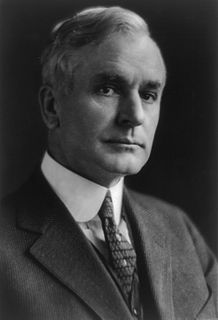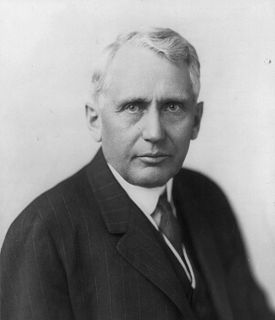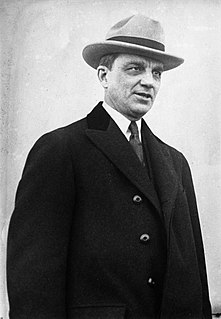A Quote by Winston Churchill
This truth may be unfashionable, unpalatable, no doubt unpopular, but, if it is the truth, the story of mankind shows that war was universal and unceasing for millions of years before armaments were invented or armies organized. Indeed, the lucid intervals of peace and order only occurred in human history after armaments in the hands of strong governments have come into being, and civilization in every age has been nursed only in cradles guarded by superior weapons and superior discipline.
Quote Topics
After
Age
Armies
Been
Before
Being
Civilization
Come
Discipline
Doubt
Every
Governments
Guarded
Hands
History
Human
Human History
Indeed
Intervals
Invented
Lucid
Mankind
May
Millions
No Doubt
Occurred
Only
Order
Organized
Peace
Shows
Story
Strong
Strong Government
Superior
Truth
Universal
Unpopular
War
Weapons
Were
Years
Related Quotes
Throughout history civilian populations and political rulers have talked of peace. We have never been free of war. The soldier, whose profession is war, understands that peace must be enforced by superior military might. The certainty of defeat is the only effective deterrent we can use to maintain peace. Furthermore, we can be strong without being aggressive.
I am firmly convinced that in the world of today all nations will be forced to the conclusion that cooperation for law, justice, and peace is the only alternative to a constant race in armaments-including atomic armaments-and to other disruptive practices that will bring the nations participating in them on either side to a common ruin, the equivalent of universal suicide.
With all of the history of war, and the human race's history unfortunately has been a good deal more war than peace, with nuclear weapons distributed all through the world, and available, and the strong reluctance of any people to accept defeat, I see the possibility in the 1970's of the President of the United States having to face a world in which 15 or 20 or 25 nations may have these weapons.
The Seascapes are before human beings and after human beings. The Seascapes were there before our presence, and when our civilization is over, seascapes will still exist. Our presence is temporary. Civilization is only 5,000 to 6,000 years. The history of ours, the material history of consciousness, is rather short.
Faith is precisely the paradox that the single individual as the single individual is higher than the universal, is justified before it, not as inferior to it but superior - yet in such a way, please note, that it is the single individual who, after being subordinate as the single individual to the universal, now by means of the universal becomes the single individual who as the single individual is superior, that the single individual as the single individual stands in an absolute relation to the absolute.
If you look at the First World War, the Kaiser was actually, actively buying a lot of the armaments from Britain! in the years, in the run-up to the First World War. And I mean, there was a connection there. He was, indeed, Queen Victoria's grandson. You know, they were all related, all these royal families.
We wake up to find the whole world building competitive trade barriers, just as we found it a few years ago building competitive armaments. We are trying to reduce armaments to preserve the world's solvency. We shall have to reduce competitive trade barriers to preserve the world's sanity. As between the two, trade barriers are more destructive than armaments and more threatening to the peace of the world.
People who think of themselves as tough-minded and realistic, among them influential political leaders and businessmen as well as go-getters and hustlers of smaller caliber, tend to take it for granted that human nature is selfish and that life is a struggle in which only the fittest may survive. According to this philosophy, the basic law by which man must live, in spite of his surface veneer of civilization, is the law of the jungle. The "fittest" are those who can bring to the struggle superior force, superior cunning, and superior ruthlessness.









































